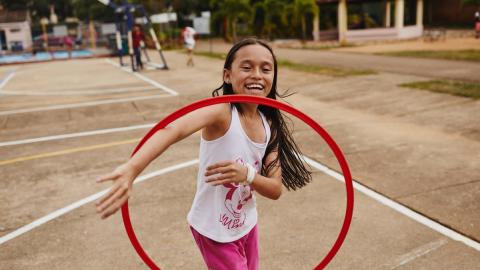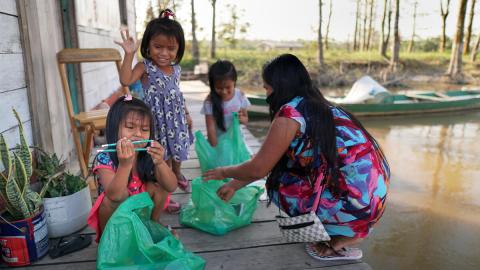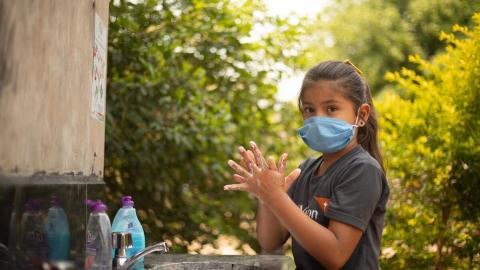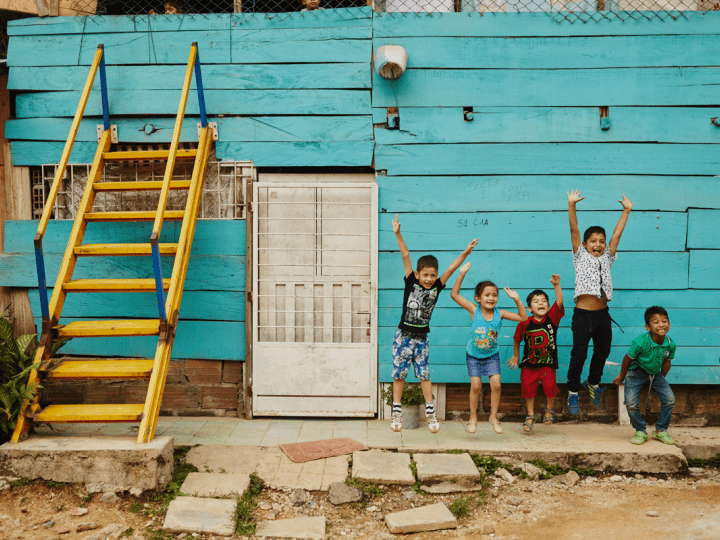
What we’re calling for
We’re campaigning for a world where no child has to live in fear of violence.
We know that ending violence against children needs the right policies in place. It also needs the right support for children, communities and families and for all of us to break the silence, stand up and speak out.
“I want to become a lawyer to be a voice for other children like me. Let us work together to end violence against children.” - Gloria, 17, South Sudan
With partners around the world we’re:
Successes so far
Read on for some examples of the difference we’re making.
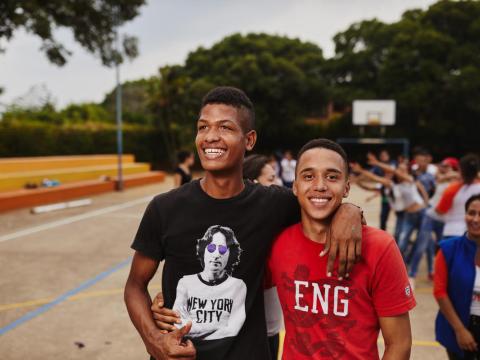
Igniting a movement
Hundreds of thousands of people are speaking out to end violence against children.
In Spain, 90,000 citizens added their voices to World Vision’s petition. In the UK, 34,000 joined the call for more humanitarian aid to be spent on ending violence against children, leading to a response from the government and opening doors to dialogue.
In total over 450,000 people took action in one year and together we’ve delivered nearly 500 policy changes around the world, improving the lives of over 200 million children across 46 countries.
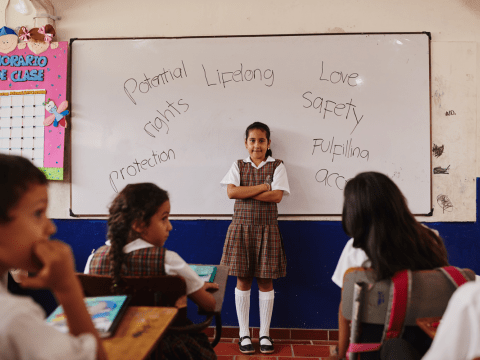
Scaling up services
A child-trafficking project reached more than 150,000 people across 6 countries in the Greater Mekong region.
Through drama, dance, debates and song competitions, children and youth educated their peers about the issues and spread messages of prevention. They also recounted real-life stories of exploitation, in person and over the radio, to warn others about the dangers. Law-enforcement agencies and other stakeholders were also trained in how to identify and protect trafficking victims.
Working with the government of Zimbabwe we’re empowering over 100,000 marginalised girls from over 450 schools in Zimbabwe to improve their lives through education. The project has been funded by the UK Department for International Development and is helping to ensure schools are girl-friendly places of learning and create understanding among local communities of the importance of girls’ education. We’re working with religious leaders to address issues such as child marriage and helping girls to understand their own potential, power and capacity and develop the skills to hold leaders to account.
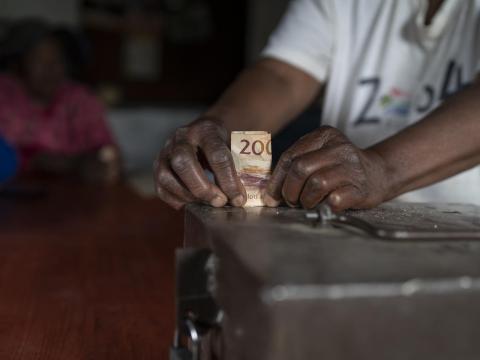
More money better spent
In 2018 World Vision Lesotho influenced the government to increase the Ministry of Social Development’s budget by 20 million Maloti (approximately USD 2 million).
The World Vision-led National Advocacy Steering Committee supported the implementation of the 2018 National Advocacy Plan and helped sensitise the government to the important role a budget increase would play in responding to violence against children.
In addition, World Vision Lesotho presented policy makers with evidence on the root causes of child marriage to make the case for the budget increase. Following the win, World Vision Lesotho is working with partners to monitor the budget allocation and ensure it is benefiting children’s protection and services.
World Vision Ghana helped to secure an 85% increase in funding to the Ministry of Gender, Children and Social Protection in the 2019 budget. Through convening and mobilising key stakeholders, submitting recommendations and participating in joint advocacy efforts they successfully persuaded the Ghanaian government to allocate more funding to protecting children and young people.
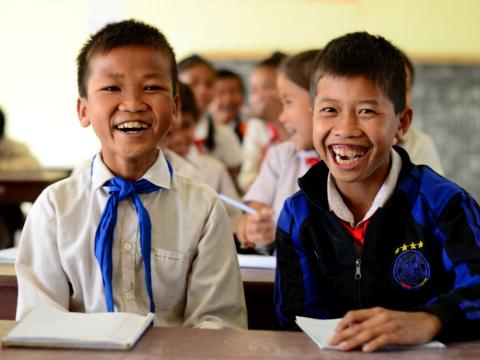
Holding people in power to account
As part of the Coalition for Children, World Vision Dominican Republic gathered 10,000 signatures from citizens calling for the state to adopt a comprehensive law addressing all forms of abuse of children and adolescents.
Following the campaign, the prohibition of corporal punishment was a mandate within the Dominican Republic’s National Roadmap for the Prevention and Elimination of Violence against Children.
Peru became the ninth country in Latin America to introduce a specific law prohibiting physical and other humiliating forms of punishment against children following campaigning by World Vision. World Vision Peru collected signatures as part of a “pact” to end violence against children and a Vote for Children as part of a Roundtable for Poverty Reduction.
